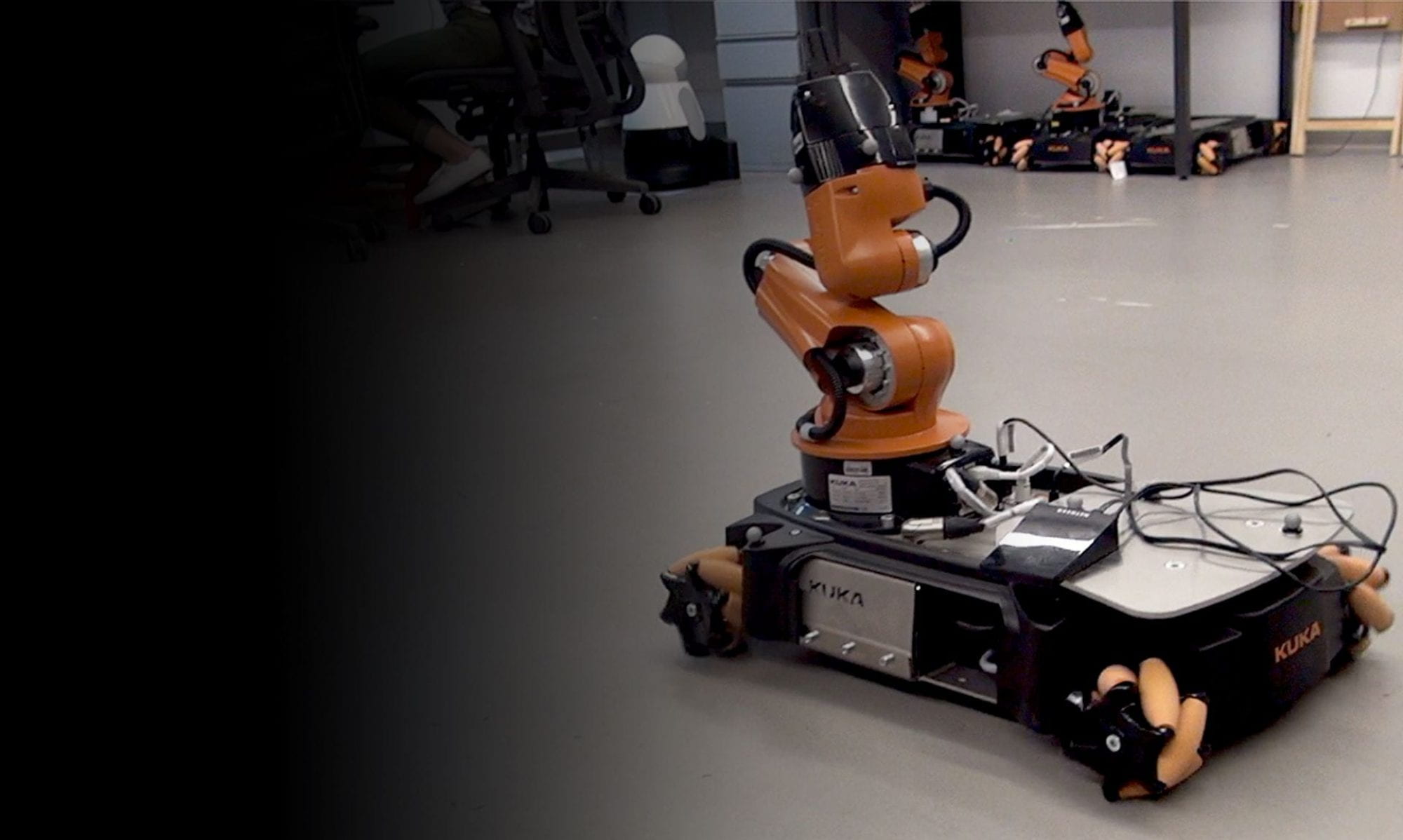2/22/17
obot swarms promise to offer solutions for applications that today are considered dangerous, expensive, or even impossible. Notable examples include construction, space exploration, mining, ocean restoration, nanomedicine, disaster response, and humanitarian demining. The diverse and large-scale nature of these applications requires the coordination of numerous robots, likely in the order of hundreds or thousands, with heterogeneous capabilities. Swarm engineering is an emerging research field that studies how to model, design, develop, and verify swarm systems. In this talk, I will discuss the aspects of swarm engineering that intersect with classical computer science. In particular, focusing on the concept of robot swarms as a “programmable machine”, I will analyze the issues that arise when one wants to write programs for swarms. After presenting Buzz, a programming language for swarms on which I worked during my postdoc, I will outline a number of open problems on which I intend to work over the next years.
Bio: Carlo Pinciroli is assistant professor at Worcester Polytechnic Institute, where he leads the NEST Lab. His research interests include swarm robotics and software engineering. Prof. Pinciroli obtained a Master’s degree in Computer Engineering at Politecnico di Milano, Italy and a Master’s degree in Computer Science at University of Illinois at Chicago, in 2005. He then worked for one year in several projects for Barclays Bank PLC group. In 2006 he joined the IRIDIA laboratory at Université Libre de Bruxelles in Belgium, under the supervision of Prof. Marco Dorigo. While at IRIDIA, he obtained a Diplôme d’études approfondies in 2007 and a PhD in applied sciences in 2014, and he completed a 8-month post-doctoral period. Between 2015 and 2016, Prof. Pinciroli was a postdoctoral researcher at MIST, École Polytechnique de Montréal in Canada under the supervision of Prof. Giovanni Beltrame. Prof. Pinciroli published 49 peer-reviewed articles and 2 book chapters, and edited 1 book. In 2015, F.R.S.-FNRS awarded him the most prestigious postdoctoral scholarship in Belgium (Chargé des Recherches).
